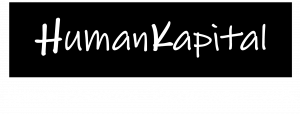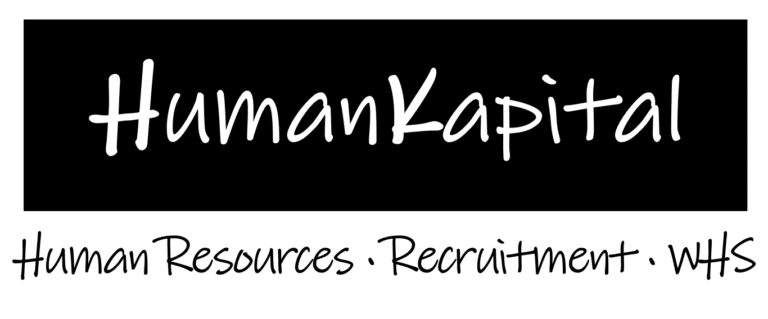Preparing for your job interview will help you feel confident and in control throughout your interview, which are important traits for creating a good first impression and increasing your chances of success. In this article, we will discuss how to properly prepare for a job interview.
Preparing for your job interview involves several steps that teach you about the job and fortify you mentally for securing employment.
- Analyze the job posting – make sure you understand the key requirements of the job so you can draw upon these details throughout the interview and describe the attributes that make you perfect for the role. Doing this will also remind you of what was appealing to you about this position and why you applied.
- Research the company – have a look at the company’s website and social media platforms to ensure you are well informed on the culture and vision of the company you are interviewing for. Researching the company will also help you learn more about the business operations, recent events, its future plans and work atmosphere. Understand the company’s products and services, including their features, so that you can speak confidently about them.
- Practice answering interview questions – make a list of common interview questions or practice answering any questions you may be provided prior to the interview to ensure you have well-articulated responses. Practice saying your answers out loud so you can feel comfortable recounting them during the interview. You may like to practice in front of a mirror or record yourself. Watching yourself in action can help you notice habits, such as mumbling or fidgeting, you can correct to make you seem more confident.
- Prepare questions for the Interviewer – Most interviewers ask whether candidates have any questions at the end of the interview. Asking questions shows your interest in the role and commitment to ensuring you are the best fit. Preparing relevant questions will help you ask them naturally during your interview. You may want to refer to any unanswered questions you jotted down while reviewing the job description and researching the company, then add these to your question list. Treat your list of questions as a starting point for the final phase of the interview, rather than a definitive script, because other questions might come to mind during the interview.
- Don’t try to find out answers to your questions right at the very beginning, as the conversation may naturally lead to the answers during the process and will demonstrate your focus and patience. If you’re not sure whether there’ll be a dedicated time for your questions during the interview, ask.
- If you have a question about the remuneration and it hasn’t been answered yet or posted on the job ad, wait for the very end. Remember, it is usually in your favor if your focus on money doesn’t seem like the only priority, doesn’t stick to a precise figure and if you’re willing to negotiate.
- Practice your interview technique and coping strategies that will help you manage stress on the day of the interview – job interviews can be a very daunting experience for people. Developing an individualized approach to preparing for and partaking in the interview will increase your confidence on the day of the interview. This approach may include practicing with a friend, which may give you a different perspective and honest feedback; or going for a walk the morning before the interview to clear your thoughts.
- Plan your transportation to the interview – arrive at least 20 minutes early. Starting your trip to the interview early reduces the risk of being late and making a negative first impression. It will also help you stay calm in traffic or public transport delays. Being calm during your journey will help you appear in control when your interview begins and reduce the appearance of being flustered.
- Prepare your interview outfit – the right outfit depends on the role; however, a minimum standard of business attire is recommended. You may like to try on a few outfits and see what looks and fits you best. Ask friends and family members for their opinions if you are unsure. A contact working at the company interviewing you may provide valuable insight into the dress code. As a rule, you should look slightly more dressed up than the average employee. Once you have settled on your outfit, make sure it is clean and ironed. Suits need dry-cleaning, so leave enough time for this. Put on your outfit just before leaving to keep it wrinkle- and stain-free. Preparing an interview outfit is essential, even for telephone interviews where you are not seen. Wearing professional clothes can help you feel confident and more in command even during a telephone interview; and are essential also during an online video interview.
- Pack a folder with extra copies of your resume, a list of references/any written references you may have, and questions for your employer. Review your cover letter, resume and any supporting documents, such as a portfolio for design jobs before your interview. They should be up to date and error-free. Print them on high-quality paper and place them in a professional-looking folder. Some interviewers ask for hard-copy versions of these documents during face-to-face interviews. Having these documents on hand will make you seem prepared. If you are applying for a role where you would like to show a video or interactive portfolio, pack a USB drive or your personal computer to ensure you are prepared to show the interviewer.
To download a copy of this checklist, please click the link below.


